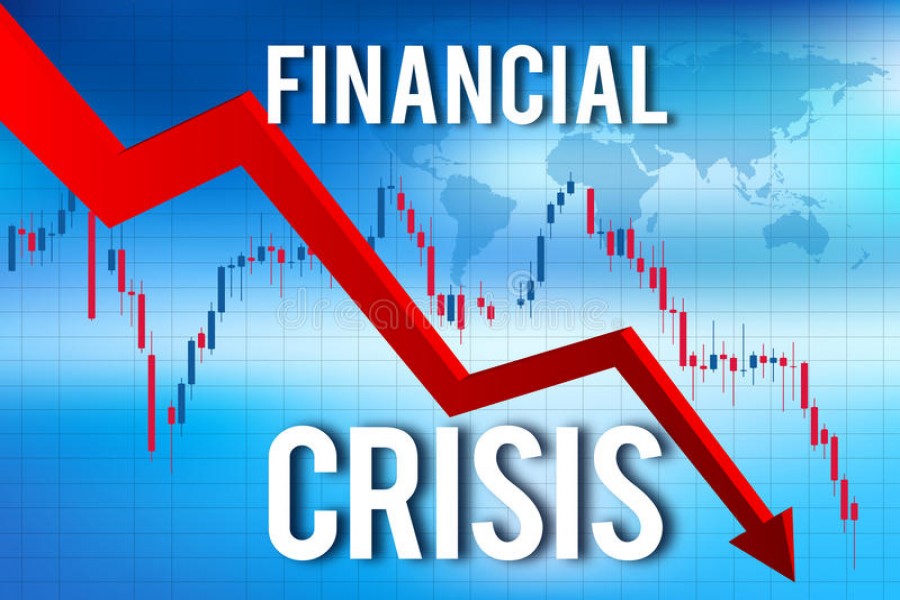Money has always been a prominent source of stress in people’s lives. However, that stress has never been more apparent than it is right now, during the pandemic. A study by Tulane University reported that of a sample of 276 respondents, an estimated 88% of respondents indicated that they are very worried about COVID-19’s impact on the economy.
These unforeseen events have cost people their jobs and their livelihood. Many companies were forced to lay-off their staff and decrease their employees’ salaries in order to stay afloat. The pandemic has also led to an increase in urgent expenses, which has required many people to dip into their emergency savings. These two effects, coupled with the uncertainty of a steady income in the future, makes for a very stressful scenario.
While the current conditions make it difficult to solve any financial crisis you may be experiencing, there are some ways in which you can cope with your stress efficiently. This will help you look at the situation with a clear, level-headed mind. The most practical tip to begin navigating your financial crisis is to cut any non-essential expenses. Once your expenses are managed, breathe. Do a few breathing exercises to keep your head above water.
One concern people tend to have when in a financial crisis is how it will impact their family. While your family may have to make adjustments to their lifestyle, weathering the storm together will help strengthen your bonds. Being transparent with your family about the financial situation instead of attempting to protect them by keeping it from them cause also ease the burden of solving your problems alone.
Acknowledging your emotions and feelings about the situation, and attempting to change your internal narrative to a more positive outlook can greatly enhance your ability to deal with the situation.
Not being crushed by extreme levels of stress can allow you to make the most of the opportunities before you. Knowing when to reach out for help is a large part of dealing with stress. Look to friends and family for comfort and support. Financial advisors can help come up with practical solutions. Lastly, mental health professionals can help maintain a state of mental wellness to keep you functioning at your best.
Title Image Courtesy: https://thefinancialexpress.com.bd/views
Disclaimer: The views and opinions expressed by the author do not necessarily reflect the views of the Government of India and Defence Research and Studies.








